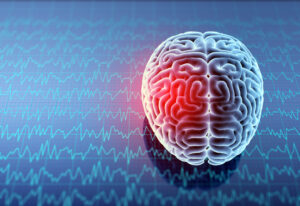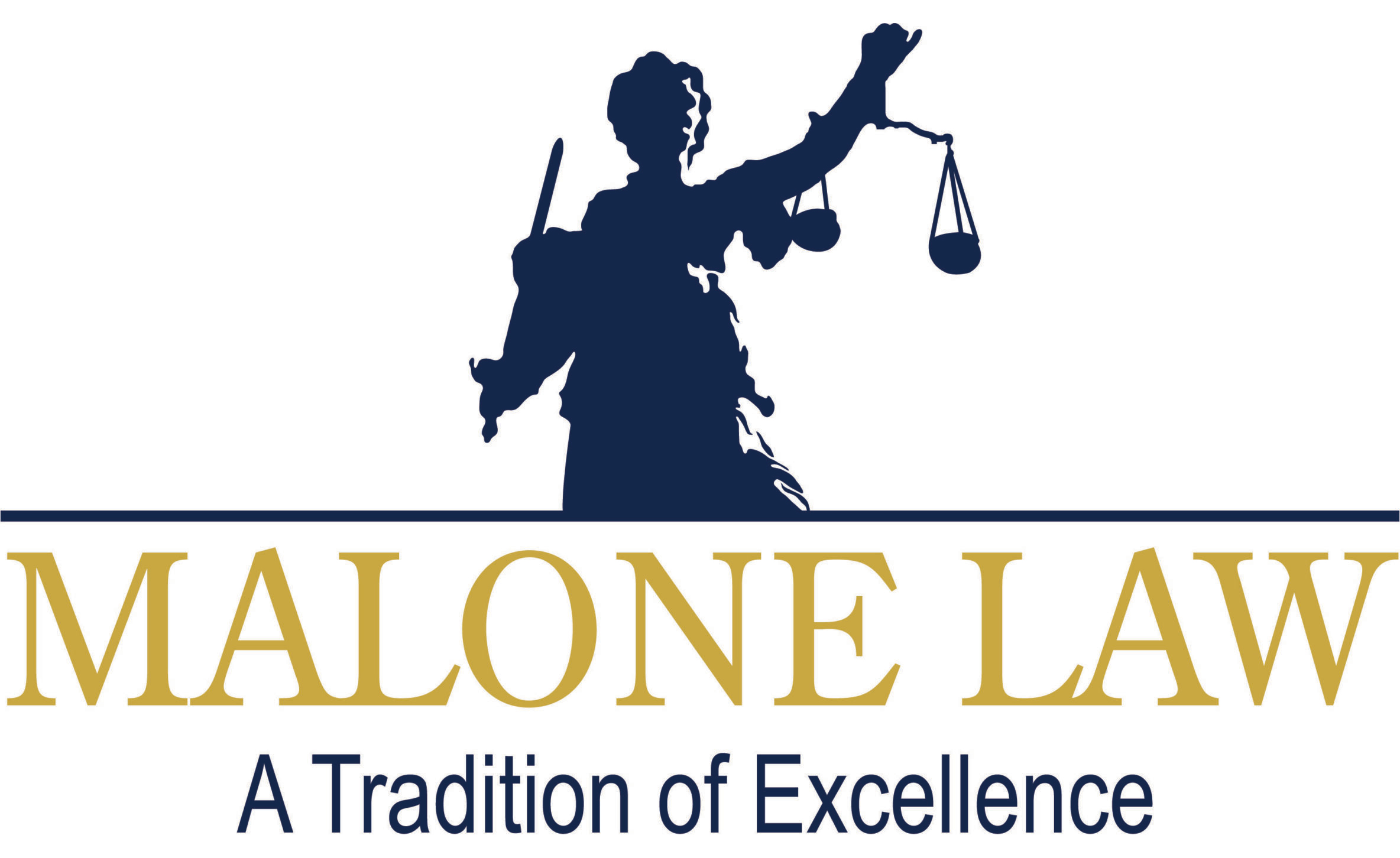
A stroke is a serious medical event that occurs when a blocked or burst blood vessel dramatically reduces blood flow to the brain. Because blood carries oxygen to the brain, a stroke starves brain cells of oxygen, causing cell death.
Strokes can result in severe, life-altering complications and even death. If you think you or someone else may be having a stroke, it’s absolutely crucial to call 911 immediately.
What Are the Two Main Types of Stroke?
There are two main types of stroke. Both are equally serious.
Ischemic Stroke
Ischemic strokes are the most common kind of stroke. These kinds of strokes happen when the blood vessels to the brain become partially or totally blocked. In many cases, narrowed blood vessels are caused by fatty deposits on the walls of blood vessels. Blocked blood vessels usually happen as a result of a blood clot traveling through the bloodstream.
Note that an ischemic stroke isn’t the same as a transient ischemic attack. When a transient ischemic attack happens, the blood flow to the brain is only briefly disrupted, and there is less chance of facing lasting damage.
Hemorrhagic Stroke
Hemorrhagic strokes are less common. They happen if a blood vessel ruptures and the blood flows outward instead of coming into the brain.
There are many different causes of hemorrhagic strokes, including:
- Aneurysms
- Severe trauma (like that which occurs from a truck accident)
- High blood pressure that isn’t well controlled
- Excessive use of blood thinners
- Protein deposits within blood vessels that weaken the vessel walls
Sometimes, a person with an ischemic stroke experiences a hemorrhage as the result of the blockage. Thus, it’s theoretically possible to suffer from two separate types of strokes within the same episode.
What Are the Symptoms of a Stroke?

A stroke is a serious and life-threatening medical event, so it’s wise to know what the symptoms look like.
Headaches
Headaches can have many causes, and most headaches aren’t a sign that you’re having a stroke. However, in some cases, a sudden and intense headache — especially when it is accompanied by vomiting, dizziness, or changes in consciousness — can indicate the beginning of a stroke.
Vision Problems
Stroke victims often report vision changes, but those changes can vary from person to person. Some people experience blurred vision in one or both eyes. Others will experience vision that goes totally black in one or both eyes.
Difficulty Walking
If you are having a stroke, you might suddenly find yourself stumbling while you walk or feeling generally dizzy and uncoordinated.
Numbness or Paralysis
This is probably the best-known symptom of a stroke. Some people experiencing a stroke might have numbness (or even paralysis) in the face, arms, or legs. That numbness or paralysis often affects only one side of the body. If you see one side of your face drooping when you try to smile, that’s a sign that you’re likely having a stroke.
Trouble Speaking and Understanding Speech
Many people experiencing a stroke will start to feel confused. They may slur their words or sound incoherent. However, they also might have trouble understanding what other people are saying.
Additional Symptoms For Women
Notably, stroke symptoms often look different between women and men.
In addition to the symptoms listed above, women are more likely to report the following:
- Nausea
- Shortness of breath
- Racing heartbeat
- Pain in the chest
- Hiccups that won’t stop
- Sudden or intense fatigue
- A generalized feeling of physical weakness
As you can see, these are symptoms many people wouldn’t necessarily associate with a stroke. Understandably, it can sometimes take women a little more time than men to realize they are having a stroke.
What Are the Risk Factors for a Stroke?
Some people are at higher risk than others for experiencing a stroke.
Some of the most common risk factors for stroke include:
- Using illicit drugs that raise your blood pressure (like cocaine or methamphetamine)
- Smoking cigarettes or being exposed to secondhand smoke on a regular basis
- Having high cholesterol
- Being obese or overweight
- Suffering from diabetes
- Leading a sedentary lifestyle
- Heavy drinking (chronic drinking or binge drinking)
- Having high blood pressure
- Taking birth control or other hormonal treatments, introducing extra estrogen to the body
- Being 55 or older
- Having obstructive sleep apnea
- Having any type of cardiovascular disease
- Having had a stroke, transient ischemic attack, or heart attack before
- Having a family history of stroke, transient ischemic attacks, or heart attack
- Suffering from any kind of cardiovascular disease or heart defect
- Being a man
- Being Hispanic or African-American
If you have several risk factors for stroke, it may be worthwhile to talk to your doctor about the various ways you can reduce your risk.
How To Tell If You or Someone Else Is Having a Stroke
Because brain cells start dying almost immediately once a stroke begins, it’s critically important to get medical attention immediately.
If you suspect someone is having a stroke, go through the following FAST checklist to look for signs of a stroke and take further action if needed:
- Face: Ask the person to smile. When they do, does one side of their face droop?
- Arms: Ask the person to lift their arms. When the person raises them, does one start to drift downward (or not rise at all)?
- Speech: Ask a question. When the person talks, does their speech sound slurred or otherwise unusual?
- Time: If you notice any one of these signs (even if it comes and goes), call 911 immediately.
If you suspect you are having a stroke, you can also try to look for these signs in yourself. However, in many cases, someone who is having a stroke doesn’t have the ability to do so.
Can You Get Compensation For a Stroke?
Depending on where and why your stroke happened, you might be able to recover compensation. For example, if you suffer a stroke at work, you might be able to file a workers’ compensation claim.
If your stroke happened because of a medical practitioner’s negligence, you might have a case for medical malpractice. However, the law surrounding medical malpractice is incredibly complex, so an attorney would need to review your situation to see if you have a case.
A stroke can cause far-reaching consequences that impact you for the rest of your life. If you’ve recently had one, contact Malone Law Medical Malpractice and Severe Injury Lawyers to set up a free consultation. Our experienced Atlanta attorneys will be able to review your case and discuss your options for pursuing compensation under Georgia law.

